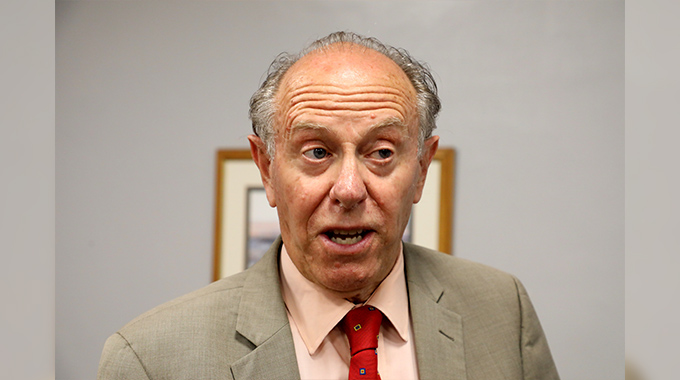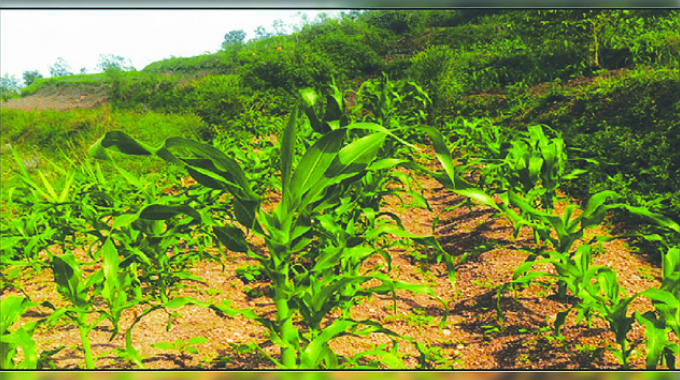Communal empowerment …Campfire projects change people’s livelihoods
Sukulwenkosi Dube Plumtree Correspondent
Bulilima District has implemented a number of development projects using funds realised from its Communal Areas Management Programme for Indigenous Resources (Campfire). The district is one of many in the country that are benefiting directly from their wildlife. Campfire is running three concession namely Dombodema, Maitengwe and Norwood in the district benefiting 14 wards.
A number of projects in these wards have been implemented using funding from Campfire.
The councillor of Dombodema Ward, Clr Benjamin Nleya, said a number of schools benefited from Campfire which provided funding for different projects at the schools.
“The Campfire fund has been really helpful in bringing development to the community. We recently bought furniture for three primary schools which are Tjompani, Mnigau and Male using this fund. Pupils at these schools used to sit on the floor and this was not a conducive learning environment,” said Clr Nleya.
He said his ward was awaiting a $2,000 Campfire fund for the year 2013 which was supposed to go towards roofing a classroom block at Mnigau Primary School.
Clr Nleya said although it took long for communities to receive the funds, the wards remain indebted to Campfire for helping communities implement projects.
He, however, said it was important to augment funding from Campfire with revenue from other sources such as central government to ensure all outstanding projects are completed.
Clr Nleya said the community of Dombodema had plans to use some of the money expected from Campfire to fund the construction of a community hall but this can only be done after completing the construction of a classroom block.
“As a community we always plan to do something tangible with this money each time we receive our allocation. Each year our ward is allocated a certain amount depending on the amount which council would have raised from hunters’ activities.
“The Campfire concept is very good because people benefit from resources in their area. After all it is the people who suffer from damages caused by these animals,” he said.
The councillor of Ndolwane Ward, Clr Ian Matiwaza said villagers in his area were in the process of constructing a community hall using Campfire funds.
He said they received a $2,000 for the year 2013. Clr Matiwaza said they would not be getting any allocation this year.
“We are in the process of constructing Malitikwe Hall using the $2,000 from Campfire we received recently. We managed to buy 100 bags of cement and some building materials. Villagers are in the process of moulding bricks.
“After completing this project our wish is to rehabilitate roads in our area,” he said.
Clr Matiwaza said wards which suffered the most from elephant invasions should benefit more from the Campfire project.
He said villagers in his area were constantly losing their property and crops to elephants that were invading their area.
Bulilima Rural District Council Chairperson, Morgen Ndebele said the local authority had managed to allocate funds towards various community initiated projects through Campfire over the years.
“As a local authority we have managed to set aside funds towards community projects. We have provided communities with funds to build schools and clinics.
“The challenge is that these funds cannot be released as early as desired. The Campfire project has, however, significantly contributed towards development of wards,” said Ndebele.
A villager from Dombodema area Ethel Sibanda said Campfire projects had assisted communities greatly.
She, however, said the funds should be released early and there should be transparency in handling the funds.
Sibanda Campfire was meant to economically empower communities using proceeds from their wildlife.
The Campfire is a community-based natural resource management programme that enables communities to benefit directly from the wildlife.
Councils on behalf of communities sell hunting and photographic safaris to mostly foreign sport hunters and eco-tourists. The local authorities pay the communities a dividend according to an agreed formula.
The programme started in the late 1980s in Zimbabwe and has since spread to other southern African countries .









Comments